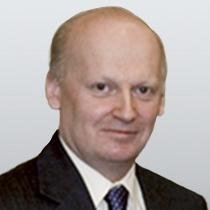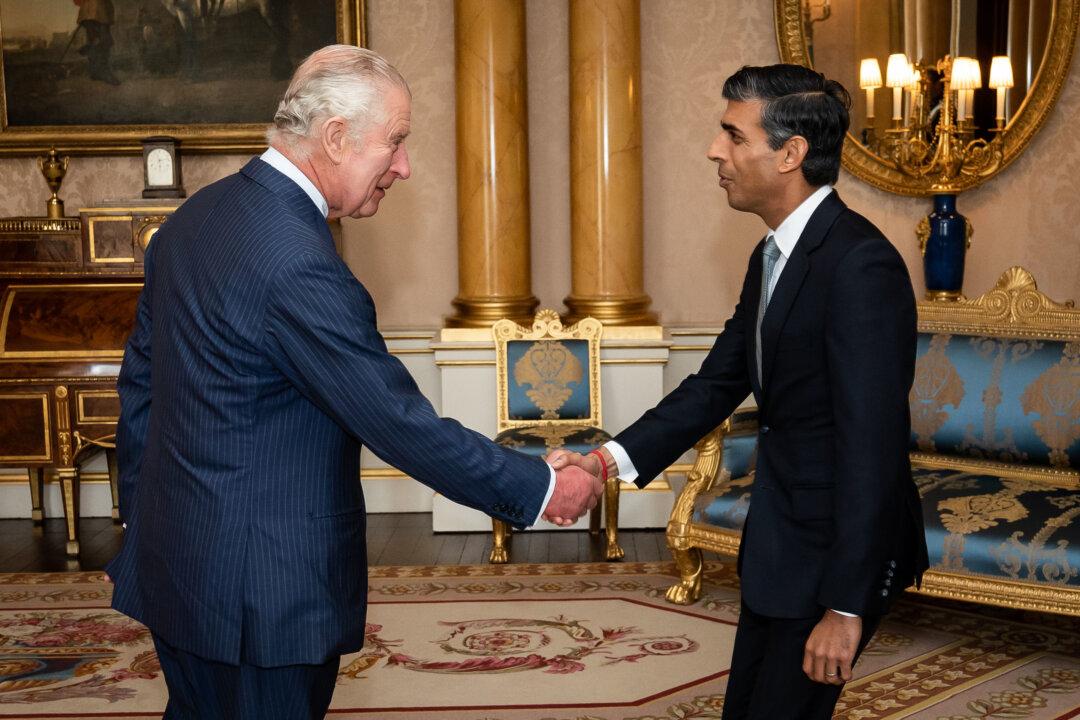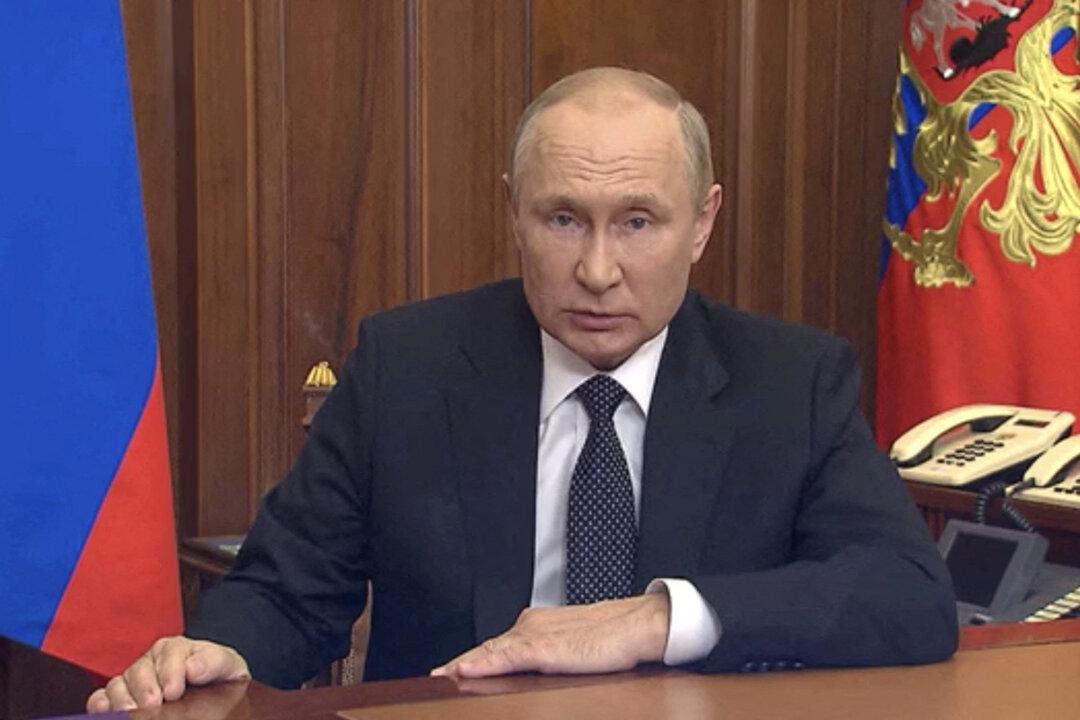Commentary
Professor Dr. Sucharit Bhakdi was once a universally respected scientist who retired from the University of Mainz in 2012. There, he ran the Institute of Medical Microbiology and Hygiene. He also set up the first specialized virology department in Germany.





